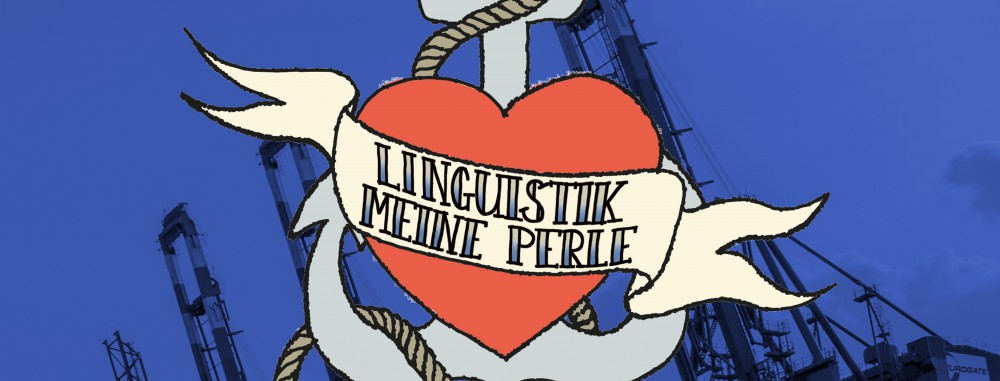Human cognition and the way we perceive and react to the world is still to some extend an unsolved riddle. To get a better understanding of underlying cognitive processes and their impact on perception, (re)acting, thinking etc., we need to find a way into that black box that human cognition still poses to us. One of the possible solutions is looking at language, because humans encode important aspects of their life in language, sometimes consciously, sometimes not. Humans rely heavily on the five senses in their everyday interaction with the world which has, of course, an impact on our language use. Not only do we describe sense experiences proper, but we also refer metaphorically to the senses and use them to describe more abstract things in terms of them on a regular basis. My study aims at using sense-related language use to achieve a better understanding of conceptual mappings and underlying cognitive processes. Recurrences of literal and metaphorical occurrences will leave a trace in the way we perceive the world, but especially underlying conceptual mappings expressed though the senses will have a very powerful impact on our perception, an impact we are hardly aware of. Smells for example are often described in a way that suggests that we perceive them as a fluid or even as something solid. Understanding this implication allows a different view on perception and thus, cognitive patterns that guide us.
56. [ʃtʊTS] in Hamburg
19. bis 23. November 2014
